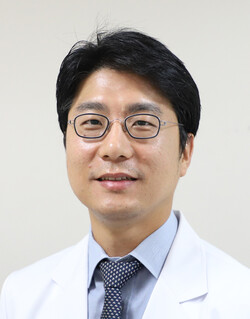Research findings indicate that Atelocollagen (AC) is more effective than existing growth factors in treating rotator cuff disorders.

A research team led by Professor Chung Seok-won at Konkuk University Medical Center reported Thursday that cell experiments confirmed Atelocollagen’s ability to promote cell proliferation and tissue regeneration, potentially speeding post-surgery recovery and lowering the risk of re-tear.
The team explained that these findings provide evidence for improving the limitations in “tendon-to-bone interface healing,” a key factor contributing to high failure rates after rotator cuff surgery.
The team treated C2C12 muscle cell lines with atelocollagen and representative growth factors—BMP-2, TGF-β1, IGF-1, and VEGF—to compare protein expression, cell proliferation, and cellular structural changes. Results showed that cells treated with atelocollagen exhibited faster proliferation rates and a significant increase in the expression of proteins crucial for extracellular matrix remodeling. Notably, at a 10 nM concentration, it showed a significant difference compared to the growth factor-treated group.
Furthermore, cells treated with atelocollagen exhibited higher p-ERK and tenascin-C (TnC) expression, along with an improved collagen I/III ratio. This indicates that atelocollagen creates a more favorable environment for tendon healing compared to growth factors. Immunofluorescence staining results also showed that atelocollagen-treated cells exhibited clearly enhanced structural stability, with aligned cytoskeletal structures and strengthened adhesion.
“This study provides evidence that atelocollagen can be beneficial not only for non-surgical treatment of rotator cuff disease patients but also for promoting post-surgical recovery and reducing the risk of re-rupture,” Professor Chung said.
This study was conducted in collaboration with Dr. Park Sung-jin and Professor Oh Kyung-soo from Konkuk University Medical Center, and Professor Yoon Jong-pil from Kyungpook National University Hospital. The paper detailing the findings, titled “Atelocollagen exhibits superior performance compared to growth factors in upregulating proteins associated with tendon healing,” was published in the latest issue of the international journal PLOS ONE.

